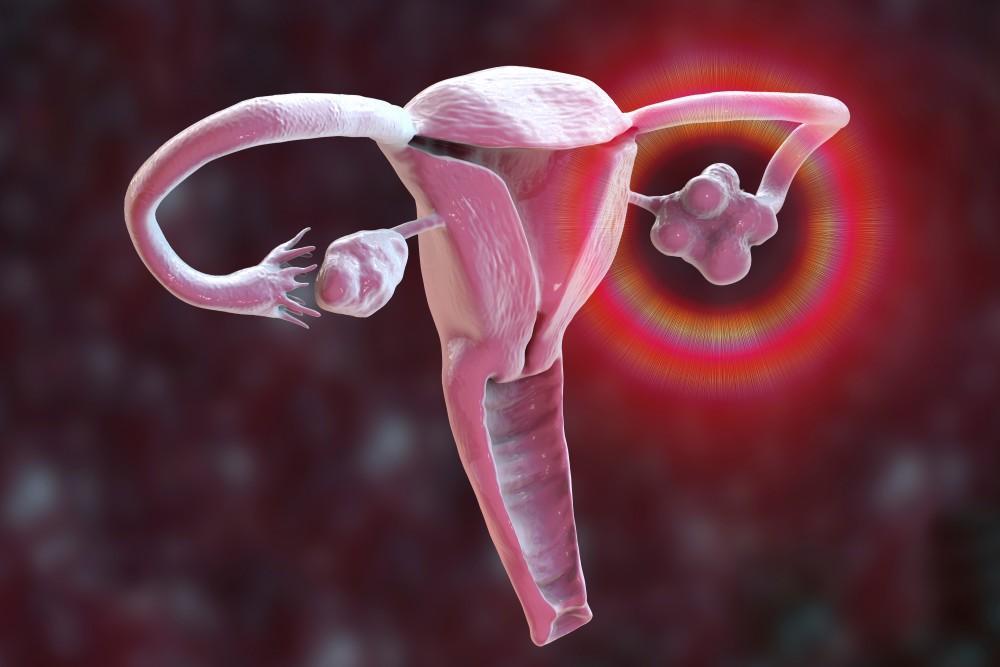What Are the Gynecological Implications of CAH?
Congenital Adrenal Hyperplasia (CAH) is a group of genetic disorders that affect the adrenal glands, causing abnormal production of steroid hormones. This condition can significantly impact women’s gynecological health and reproductive well-being. Early understanding and proper management are key to improving quality of life for those affected.

CAH often leads to unique gynecological challenges due to hormonal imbalances that disrupt normal reproductive function. Women with CAH may face irregular menstrual cycles, fertility issues, and other related concerns. Awareness of these implications is essential for healthcare providers when creating effective treatment and care plans.
Impact on Menstrual Health
One of the primary gynecological effects of CAH is its impact on menstrual health. Hormonal imbalances — particularly elevated androgen levels — can interfere with normal ovarian activity, often leading to irregular or absent menstrual periods. In many cases, this disruption may resemble symptoms of Polycystic Ovary Syndrome (PCOS), further complicating the clinical picture.
Challenges in Fertility
Fertility can also be compromised in women living with CAH. Hormone imbalances can make conception more difficult, and women trying to become pregnant may require specialized care. Options like ovulation induction and assisted reproductive technologies (ART) can improve fertility outcomes when appropriately managed.
Long-term Management
Managing CAH requires a proactive, lifelong approach. Regular monitoring of hormone levels and symptoms is crucial. Treatment typically involves glucocorticoid therapy to restore hormonal balance and reduce excessive androgen production. Personalized care plans ensure that patients’ unique gynecological needs are addressed over time.
Psychosocial Considerations
In addition to the physical impacts, CAH can affect mental and emotional well-being. Women with CAH may experience concerns related to body image, self-esteem, and reproductive identity. Providing access to psychological support and counseling can make a positive difference in helping individuals navigate these challenges.
The Role of Multidisciplinary Care
Effective management of CAH benefits from a multidisciplinary care team — typically involving endocrinologists, gynecologists, and mental health professionals. A team-based approach ensures that both the medical and emotional needs of each patient are fully supported, leading to improved outcomes and enhanced quality of life.
